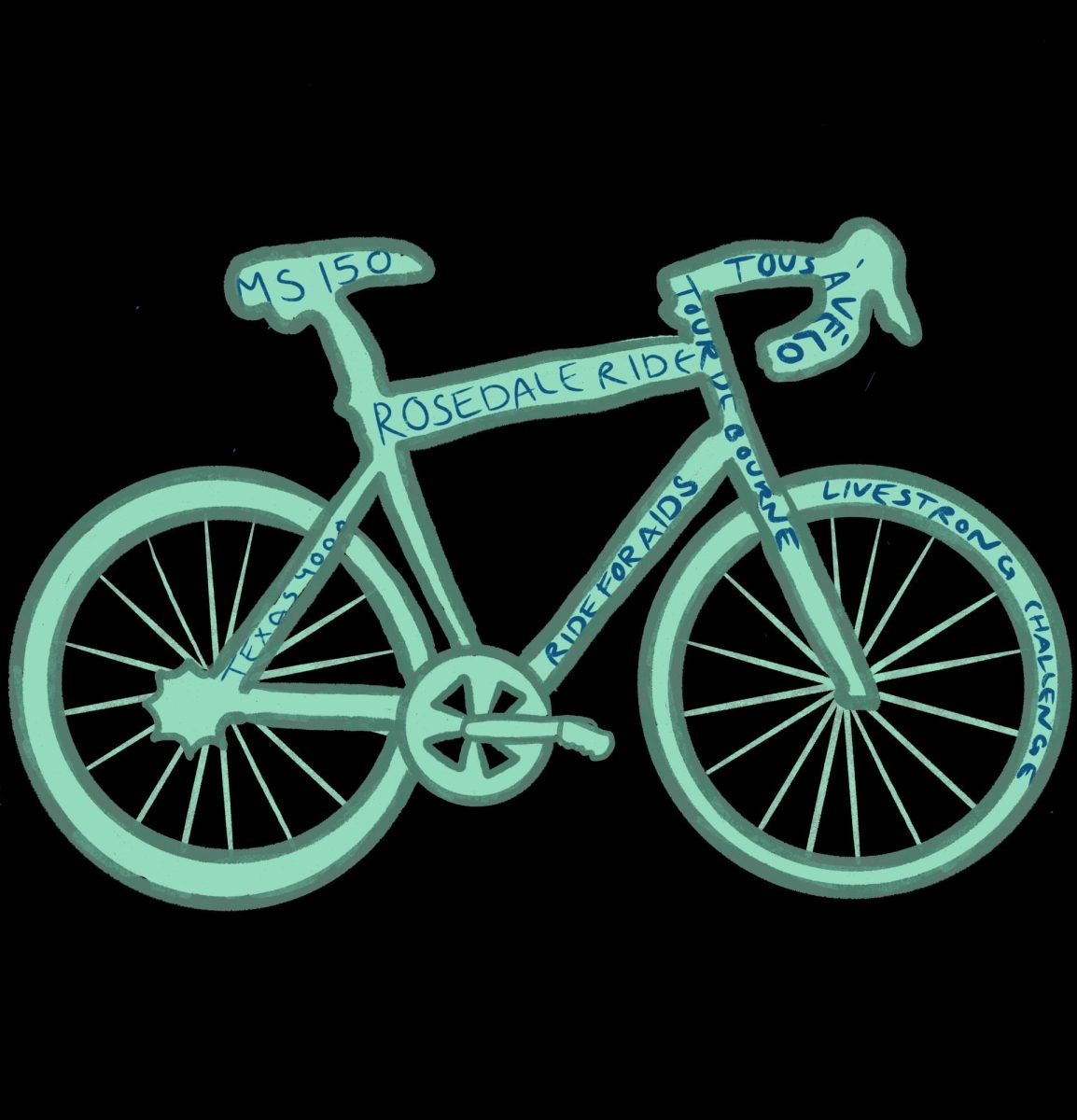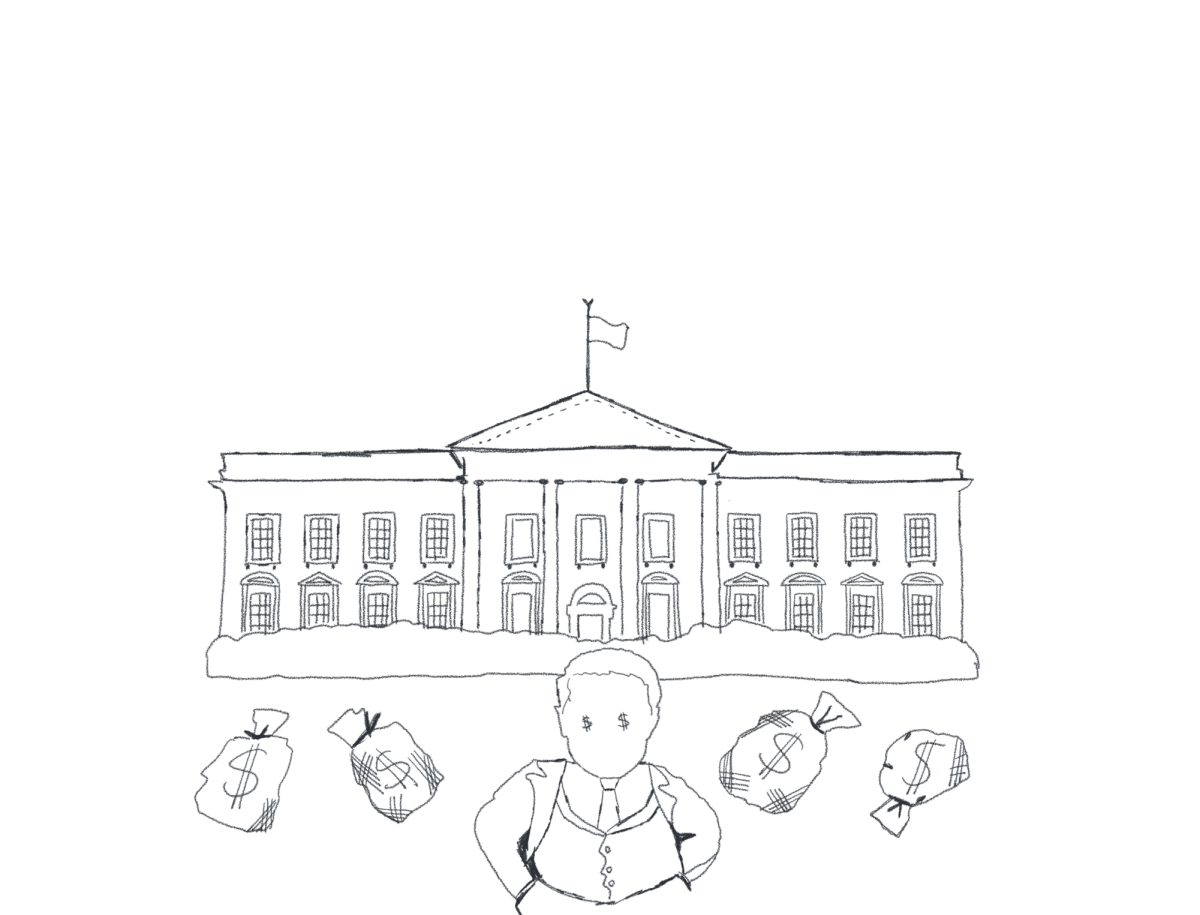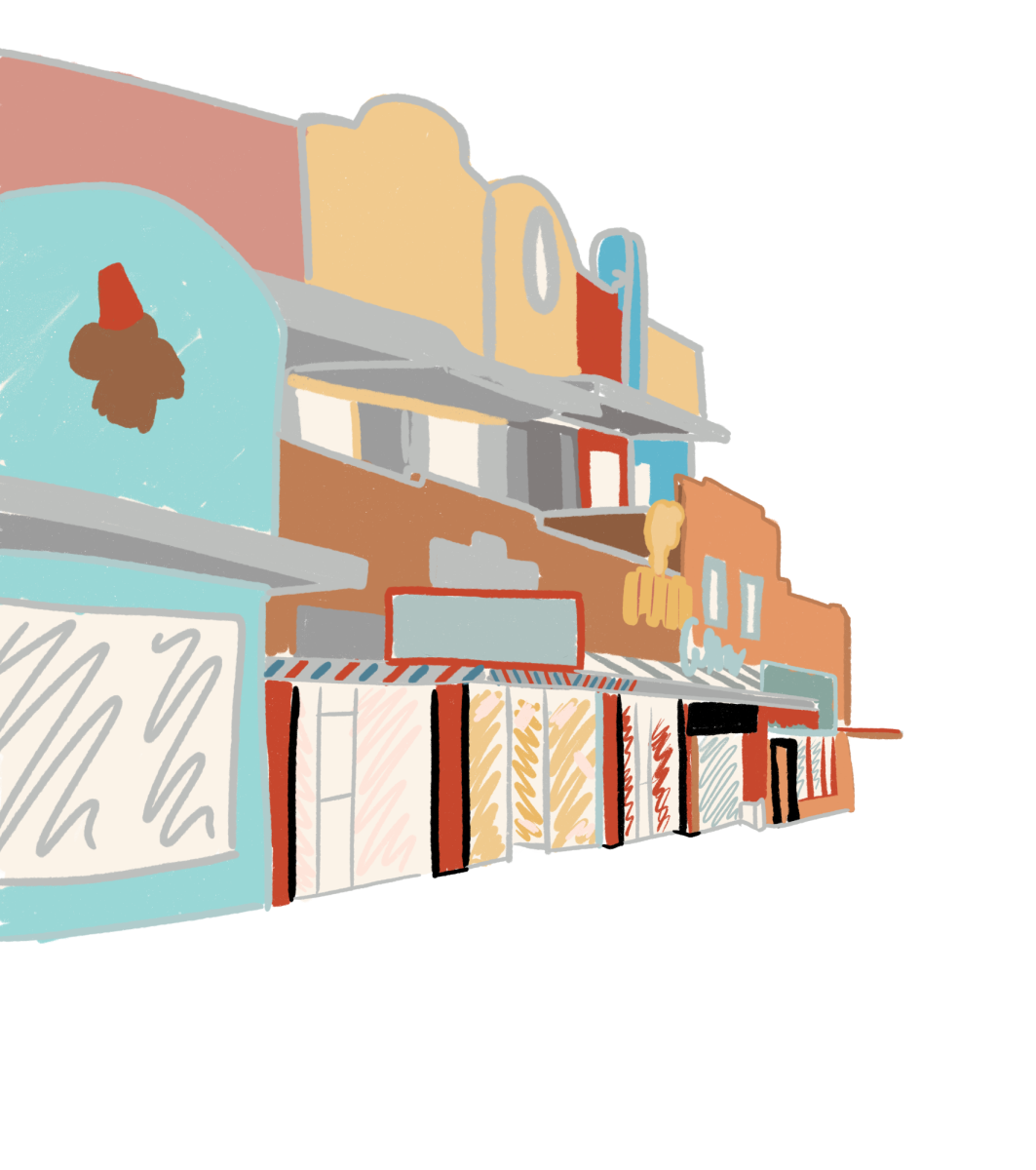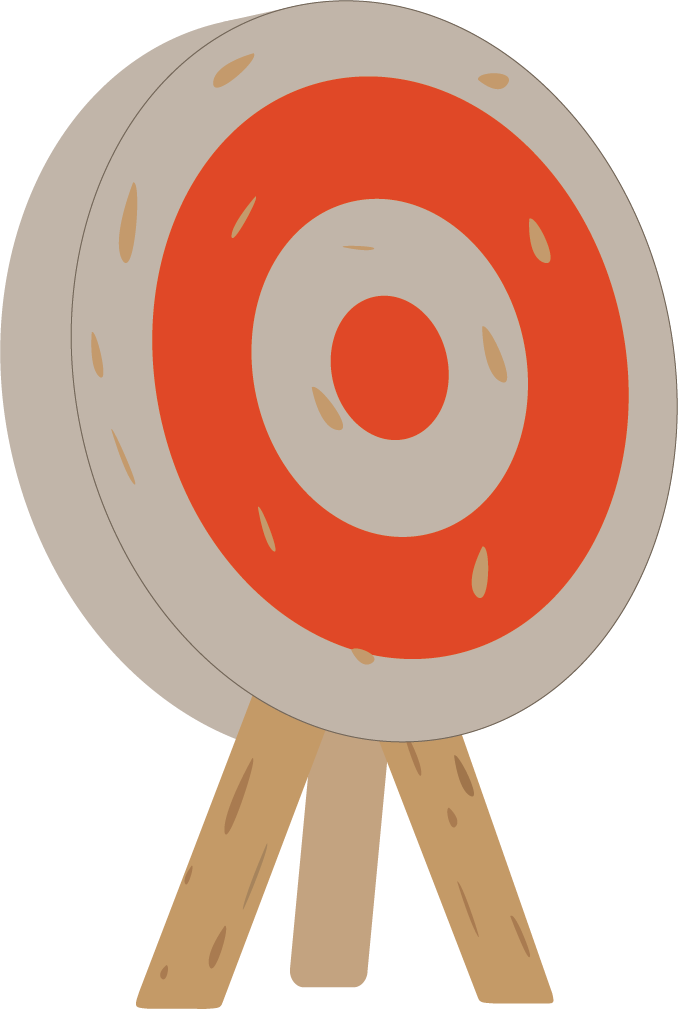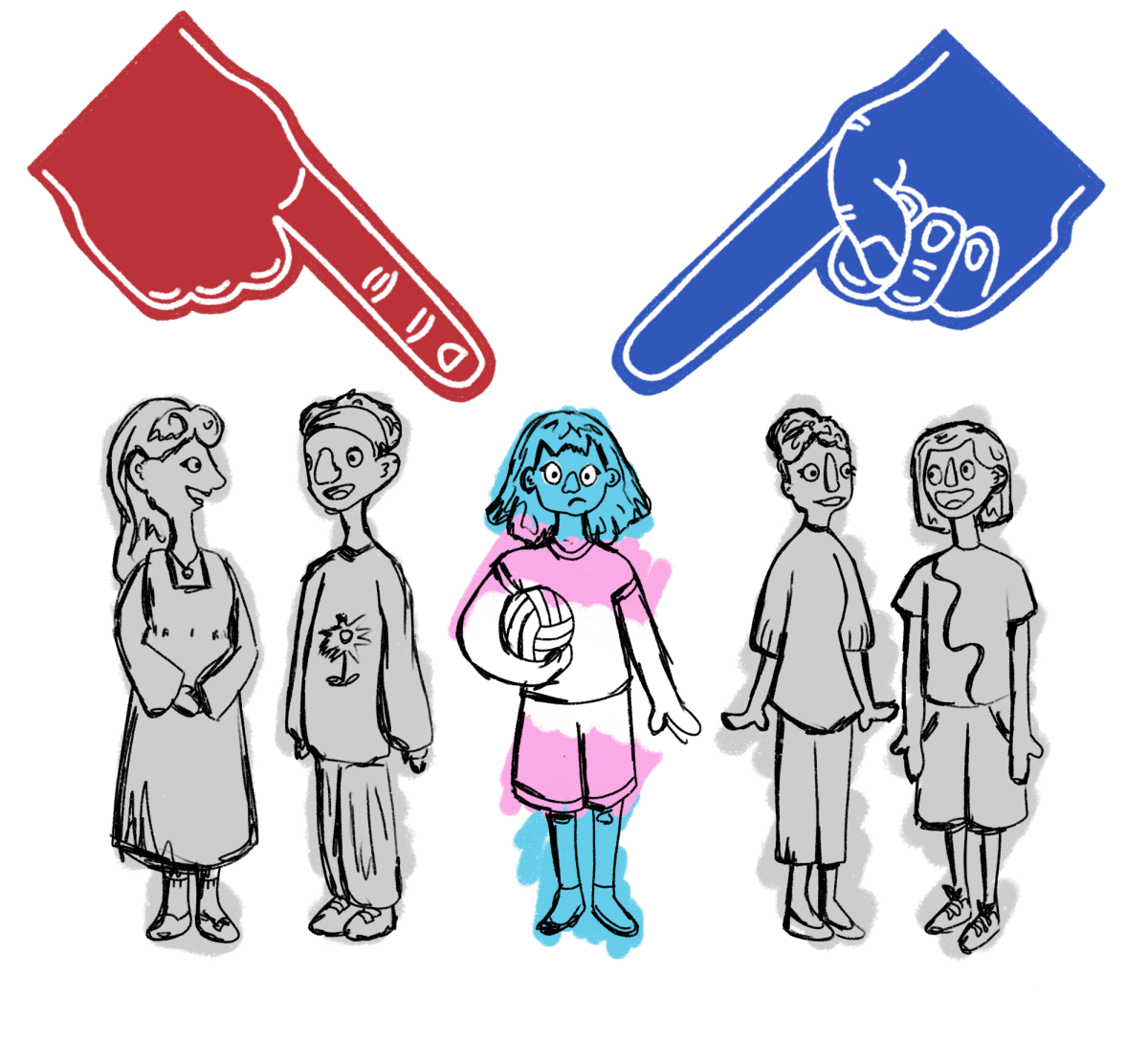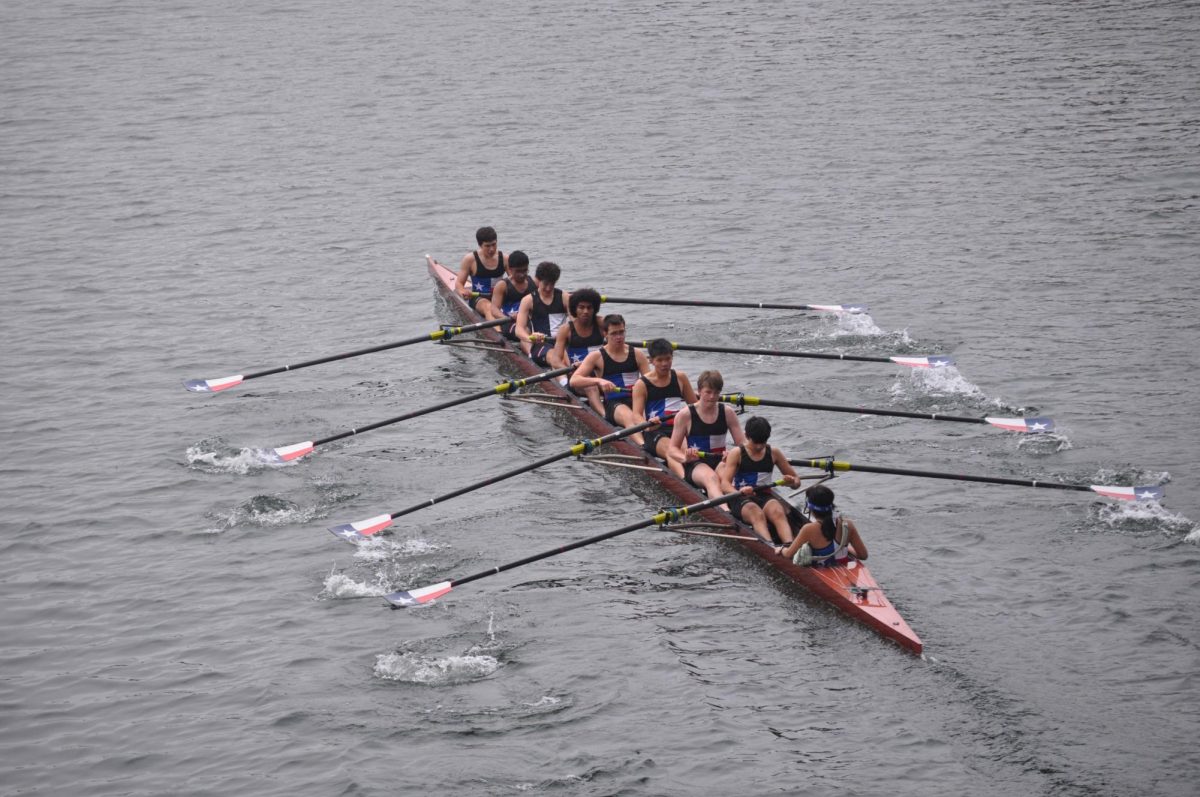After grueling hours and long miles, cyclists in Austin drag their tired legs over the finish line. Instead of roaring fans and wreaths of laurels, they’re surrounded by a community united for the same cause: to make the world a better place.
While Austin is a city filled with people dedicated to a life of health and wellness, it’s also a city that has been a melting pot of cultures, communities, and causes for decades. Together, these two attributes create a complex network of charitable bike rides for causes that span from funding research for multiple sclerosis (MS) to supporting schools built for students with disabilities and special needs. For the executive director of the Rosedale Ride, Brian Henry, this combination of a charitable cause and a passion for cycling creates such a big reach for bike rides as a fundraiser.
“Austin’s an active place, and there are a lot of rides, there’s a lot of runs, there’s a lot of triathlons,” Henry said. “There’s a lot that can be done in Austin on your bike. Everyone looks forward to the Rosedale ride as the first ride to kick off the season, and we’re known more as the community ride… We’re trying to evolve that a little and be a little more encouraging for our riders to fundraise, but we still have that aura where we’re the community ride, and we start off the season good or bad, bad weather or not, we kind of lead the way.”
The Rosedale Ride is a charitable bike ride that directly supports the Rosedale School, a school in West Austin for children with special needs. For the past two years, Stacy Mann has been a rider for the MS 150, a two-day 150-mile ride where people start from multiple locations.
“When you see the people living with MS at the start or finish lines, or even riding with people who live with MS is motivation to fundraise,” Mann said. “There are many opportunities to hear people’s stories and how the research has led to the development of new medications which help manage symptoms and allow people to live their lives. Listening to people living with MS and how the development of treatment continues to grow with the funds raised through events like these is motivation to continue fundraising.”
Lee Gresham, owner of East Side Pedal Pushers, a bike shop in East Austin, views charitable bike races as a contrast to how many cycling communities tend to not be as accepting. According to Gresham, charitable bike races are more inviting because they want as many people to join as possible, and more so in Austin communities because they accept new cyclists more than in other cities.
“I grew up in Dallas, and I feel like its road races tend to be a little bit, how do I put this, a little bit snobbish,” Gresham said. “But overall, in Austin, I would say it’s pretty open. People tend to want to offer helpful advice to newbies, to new cyclists, and not be too unfriendly.”
This acceptance and the atmosphere of Austin create a unique opportunity for bike races to be able to raise money for their cause. The Rosedale School stands alone in Austin as the only school that supports students with significant disabilities that require caretakers, and the Dell Children’s Comprehensive Care Clinic makes the school the only one to include a clinic in the country. According to Henry, the community that comes out to support The Rosedale Ride is what makes the atmosphere so lively and supportive, and the money they raise is what truly propels the school and the community forward.
“You can’t raise money without community,” said Henry, “and you can’t have community without spending some money. It works because it’s charitable. People want to give that money. They are invested in the mission, and they see the benefits of what that money is doing for these families. It’s a win for everybody at the end of it.”
According to Tribeza, Austin’s continuous promotion of health and wellness is a defining characteristic. Austin continues to grow at a rate of 2.1%, as reported by The United States Census Bureau, and this characteristic continues to evolve as the city grows. For Gresham, this change is obvious in the difference of demographics that come into East Side Pedal Pushers. What once was just commuters has turned into a variety of people looking for a recreational hobby.
Austin is filled with many different programs based around cycling that all support a variety of causes such as the Hill Country Ride for AIDS, Tour De Bourne, and the Yellow Bike Project which all represent both the accessibility of cycling in Austin and the vast impact that cycling has in Austin. The Texas 4000 is one of these charitable bike rides, and in a statement, they described this impact as reaching beyond just the limits of Austin.
“The ride not only impacts people in Austin but also touches communities along the entire route. As the riders travel through diverse landscapes, they foster unique interactions with communities, cancer advocates, hospitals, and research institutions,” Texas 4000 said. “Fundraising is a key component, with each rider raising a minimum of $5,000 to support cancer research and patient support services. The journey culminates in Anchorage, where riders reflect on their experiences and celebrate their collective achievement.”
Charitable bike races go above and beyond regular fundraisers, according to Henry, as the biggest factor in their success is the community that comes with it, and this community allows them to expand As the Rosedale Ride heads into its 31st ride on March 29, 2025, it continues to grow, change, and add to its activities, resources, and community, showcasing how as the population of Austin continues to grow so will the rides that mark Austin as a charitable city.


